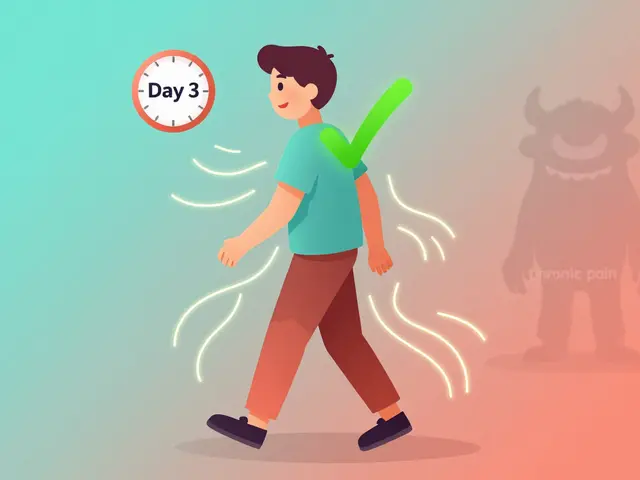Fertility Preservation Before Chemotherapy: What You Need to Know
January 19 2026Herbal Fertility Supplements: What Works, What’s Risky
Want to try herbs to support fertility? You’re not alone — many people turn to plants before or alongside medical care. Some herbs show promise, others are untested, and a few can cause harm if taken at the wrong time. This guide gives clear, practical advice so you can make safer choices.
How herbs may help — and the evidence
Herbs can help in three main ways: balance hormones, support sperm quality, and improve overall reproductive health. For example, maca root (Lepidium meyenii) is often used to boost libido and may improve sperm count in small studies. Vitex (chasteberry) is commonly used to regulate menstrual cycles and can help with luteal phase issues for some people.
That said, the evidence is mixed. Most positive results come from small trials or animal studies. Few herbs have large, high-quality human trials proving they increase pregnancy rates. Think of herbal support as a possible nudge, not a guaranteed fix.
Common herbs people try
- Maca: Often taken for libido and sperm health. Typical doses used in studies range from 1.5–3 g per day. Start low and watch for stomach upset.
- Vitex (Chasteberry): Used to help cycle regularity and progesterone-related symptoms. Many use a standardized extract; typical doses in studies range from 20–40 mg daily.
- Ashwagandha: May help with stress and male fertility markers. It can affect thyroid and sedate, so check with your clinician.
- Tribulus: Popular for libido and sperm motility in some small trials, though results vary.
- Red raspberry leaf: Traditionally used to tone the uterus; usually taken as tea later in pregnancy, not early on.
Notice how I didn’t promise pregnancy? That’s because herbs are tools, not magic.
Safety, dosing, and what to avoid
Herbs can interact with medications (anticoagulants, hormone treatments, thyroid meds) and can be unsafe in pregnancy. Never start a new herb once you’re already pregnant unless a provider clears it. Also avoid herbs with strong uterine-stimulating effects if you want to conceive (like blue cohosh or large doses of certain emmenagogues).
Buy from reputable brands that list plant species and extract strength. Look for third-party testing when possible. Start with low doses for 1–2 weeks to check tolerance. If you’re on prescription fertility meds, share any herb plan with your fertility specialist — some combos change hormone levels or blood clotting.
If you have PCOS, endometriosis, thyroid disease, or autoimmune issues, herbs that affect hormones need extra caution. Same goes for partners: male fertility benefits may require different herbs and dosing.
Want a clear next step? Talk to your doctor or a qualified herbalist, pick one or two low-risk supplements (like modest-dose maca or vitex if cycles are irregular), and set a timeline to track changes. If nothing improves after a few months, pursue medical fertility testing — early answers save time and stress.
 24 May
24 May
Top Herbal Supplements for Fertility: Science-Backed Botanicals to Boost Ovulation
Curious about herbal supplements for fertility? Dive into the science behind natural products like vitex and myo-inositol, and see which botanicals have real research backing for supporting ovulation. This no-nonsense guide breaks down what works, shares interesting facts, and highlights tips to make the most of natural boosters for fertility.
Read More...



